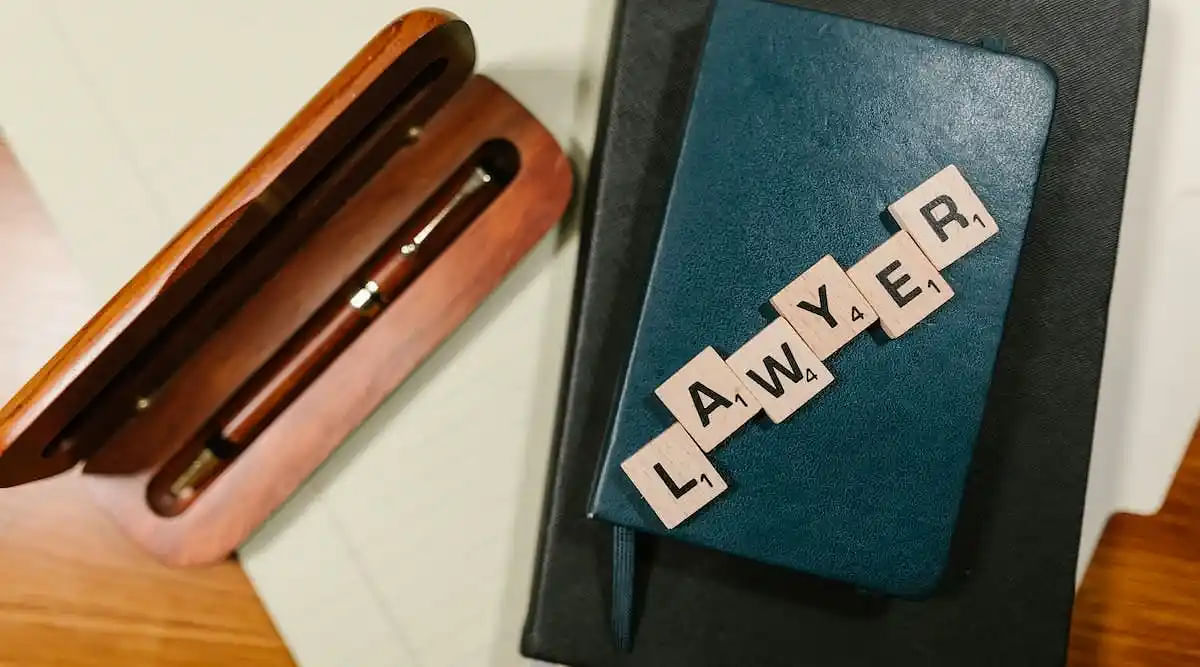Here’s How You Can Score Full Marks in NEET 2022: Chemistry
Students have neglected the Chemistry exam for Physics and Biology over the years. To get an edge prepare well for NEET 2022: Chemistry exam.
The National Testing Agency (NTA) will be conducting the National Entrance Cum Eligibility Test (NEET) on July 17 this year. All students seeking admission to any medical institute will have to appear for the exam. Over the years, however, a trend has become common, which is the ignorance of chemistry. Students focus too hard on other subjects because chemistry has an overall weightage of only 25%. Nonetheless, scoring well in the subject raises your chances to get into reputable colleges by ensuring better grades overall. Here’s a guide to help you get a head start for your NEET 2022: Chemistry paper.
Also Read: NEET 2022 Check List of Documents Required for Registration
Understanding the NEET 2022: Chemistry Exam Pattern
Like any other achievement, it is imperative to get your planning and execution on point here as well. To start with your planning efficiently, make sure to understand the exam pattern. The chemistry paper is divided into two sections – A & B. Section A consists of 35 questions comprising 140 marks. Section B on the other hand consists of 15 questions comprising 40 marks. However, students will have to answer a total of 45 questions for 180 marks.
It is not the easiest job in the world to derive a definitive pattern for NEET’s chemistry exam, since it changes almost every year. Nonetheless, students can follow their general questioning model and prepare accordingly. For instance, most of the questions are theory-based and those students who are well versed with the NCERT CLass 12 Books can solve them easily. However, a rough pattern observed over the years is as follows –
| Question Type | Source | Number of Questions |
| Example-Based | NCERT Text Book Exercises | 15 – 20 |
| Theory-Based | NCERT Books + Previous Years’ Papers | 15 – 20 |
| Facts-Based (numerical) | NCERT Books + Previous Years’ Papers | 2 – 5 |
Categories
Additionally, students must be aware of the fact that the NEET 2022: Chemistry exam is divided between three categories that include – Physical Chemistry, Organic Chemistry, and Inorganic Chemistry.
- Physical Chemistry – students can expect around 15 – 20 questions in this category. Most of them are going to be numerical-based. Hence, the concept should be crystal clear to answer them. Important topics to prepare for include – Chemical & Ionic Equilibrium, Redox, Liquid Solutions, and Electrochemistry.
- Organic Chemistry –students can expect around 14 – 18 questions within this category. They are application-based questions so all experiments and how to derive their correct conclusions, step-by-step are important. The most important topic under this category is General Organic Chemistry. Albeit, students should also prepare for other topics like – Isomerism & Effects, Hydrocarbons, Alcohol, Aldehyde, Amines, and Alkyl Halide.
- Inorganic Chemistry – students can expect around 10 – 18 questions in this category. They are mostly theory-based questions, ergo, students should read their NCERT Books thoroughly for this category. Over the past few years, the number of questions asked within this category has increased. As a result, students cannot neglect this category as they earlier did. Finally, some important chapters to prepare before the exam includes – Chemical Bonding, P-Block, and Coordination Compounds.
Additional Points to Consider
Here is a list of important books to help students secure full marks in NEET 2022: Chemistry exam:
- Physical Chemistry by O.P. Tandon
- ABC of Chemistry (For Classes 11 & 12) by Modern
- Concise Inorganic Chemistry by J.D. Lee
- Dinesh Chemistry Guide
- Practice books by V.K. Jaiswal (for inorganic chemistry), M.S. Chauhan (for organic chemistry), and N. Awasthi (for physical chemistry)
- Organic Chemistry by Morrison and Boyd
- Elementary Problems for Organic Chemistry for NEET/AIIMS by M.S. Chauhan
- Modern Approach to Chemical Calculations by R.C. Mukherjee.
Additionally, all students are advised to solve as many previous years’ questions as they can. Also, practice mock tests from available sources.




